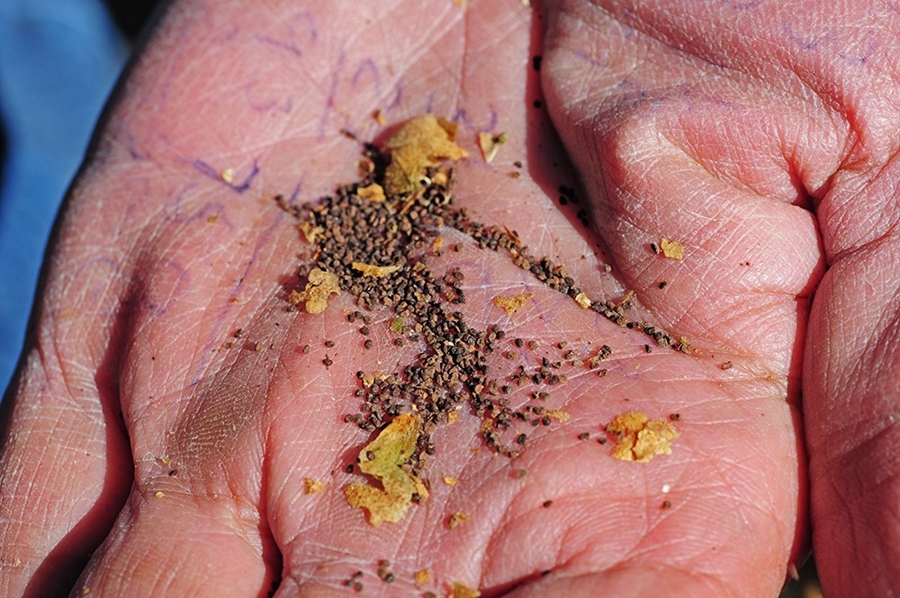
FAYETTEVILLE, Ark. — The W.K. Kellogg Foundation has awarded a $902,400 grant to the Indigenous Food and Agriculture Initiative at the University of Arkansas School of Law to continue developing and implementing the Model Food and Agriculture Code Project, a three-phase effort.
The Kellogg grant will allow the project to establish a model legal framework that tribal governments may adopt to regulate and support food and agricultural systems. Code sections may include provisions for food safety, land use, water, sustainability principles, organic production, seed protections and protection of traditional foods among other subjects.
“We are honored to receive support from the Kellogg Foundation for this important project,” said Janie Simms Hipp, director of the Indigenous Food and Agriculture Initiative. “The project will support all tribal governments, their communities and families and ultimately lead to greater control over tribal health, well-being and economic sustainability.”
The project is now finishing its first phase and is conducting a series of roundtable discussions to determine the most important needs in Indian Country. In the second phase, the initiative will draft and publish sections that will address the five most important needs as determined from the feedback gathered in the roundtables. In the third phase, a comprehensive set of code sections will be drafted and published and the initiative will aid tribal governments with the adoption and implementation of code sections.
Tribal governments possess the inherent authority to enact laws affecting the lands, natural resources, communities and people within their jurisdiction. By helping to secure food and agricultural policy within the actions of tribal self-governance, the project hopes to ensure that tribes can reclaim the health of their people and long term food security in their communities.
The Kellogg Foundation, founded in 1930, supports children, families and communities to create conditions where vulnerable children can achieve success as individuals and contributors to society.
Topics
Contacts
Janie Simms Hipp, director (Chickasaw)
Indigenous Food and Agriculture Initiative
479-575-4699, jhipp@uark.edu
Erin Shirl, assistant director
Indigenous Food and Agriculture Initiative
479-575-6572, eshirl@uark.edu
Darinda Sharp, director of external affairs and alumni outreach
School of Journalism and Strategic Media
479-595-2563,
dsharp@uark.edu